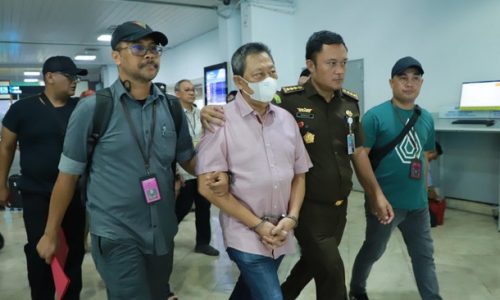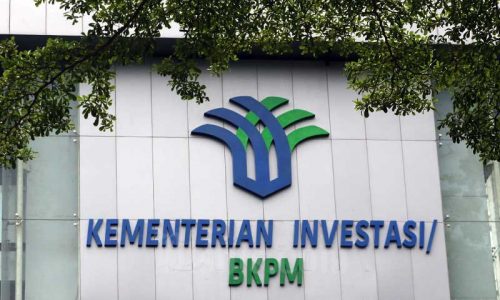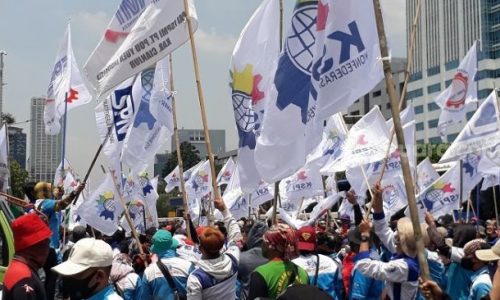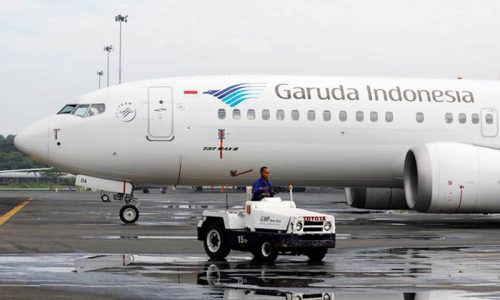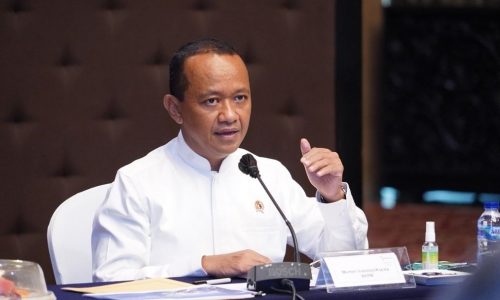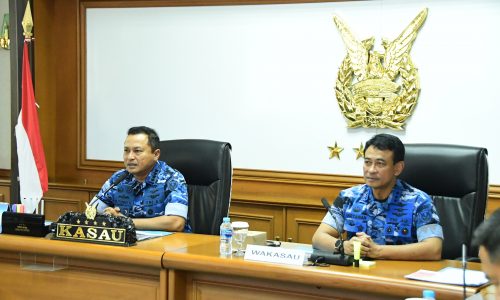Global civil society organizations have suggested that despite increase in funding, the effectiveness of the climate financing should be more important than mere quantity, citing that the Multilateral Development Banks (MDBs) funding has so far not gone to the right projects.
The organizations were commenting on the announcement made by World Bank President Ajay Banga during the COP29 climate conference in Baku, Azerbaijan on November 14, 2024, of a major commitment to scale up climate finance through MDBs for low- and middle-income countries, with a total target of US$120 billion by 2030. Banga also joined the global call for a New Collective Quantified Goal (NCQG) to ensure that countries receive adequate resources to address the rising costs of the climate crisis.
A research released by Recourse, Trend Asia, and 17 other organizations shows that Europe receives almost half (44 percent) of funding, while Asia-Pacific gets only 21 percent and Sub-Saharan Africa less than 14 percent. The research finds that funding is still being poured into problematic projects, including high-emission and polluting projects such as waste incineration, large-scale hydropower, critical minerals mining, hydrogen, and “captive” coal plants for industry. It also finds that funding is generally in the forms of loans (70 percent), not grants (4 percent), which will add to the country’s already heavy debt burden.
In the Indonesian context, the World Bank (WB) and the Asian Development Bank (ADB) have history of financing mega hydroelectric dams that still leave communities disadvantaged to this day. As part of the MDB, both development banks are still very active in financing other large-scale projects in many parts of Indonesia.
The WB funded and supported technical assistance for the Kedungombo and Gajah Mungkur hydropower plants on Java Island, while the ADB funded and supported the Maninjau and Singkarak hydropower megaprojects on Sumatra Island.
The research has noted that hydropower plants are often built without the full involvement of surrounding communities, resulting in multiple losses and generations of protests. This is the case with Jatigede Hydropower, which was funded by the WB before being released due to protracted problems. Jatigede Hydropower Plant located in Sumedang Regency, West Java was built from 1984 and is still not operational today. The plant has eliminated Sumedang’s indigenous culture and deprived residents of their livelihoods as farmers without any relocation or job replacement.
“The construction of large-scale hydropower plants like Jatigede as a so-called renewable energy solution still leaves a big question mark: Does this climate finance only prioritize business profits without including communities as part of the victims of climate disasters?” Beyrra Triasdian, Renewable Energy Campaigner from Trend Asia, said in a statement on Wednesday, November 20, 2024.
“The MDBs’ obsession with large-scale projects could threaten communities and damage the environment. Public engagement should be prioritized so that energy funding is truly for people and not for profit.” she concluded.
MDBs have not been committed to move away from fossil energy each year, the MDBs have channeled an average of 2.5 billion dollars to fossil fuel projects from 2021 to 2023. The MDBs should better enforce their commitment to promote clean and renewable energy.
Traces of the World Bank Group’s involvement in financing ‘captive’ power plants for industry can be found in the Obi Island Industrial Estate through Harita Group’s business octopus − PT Trimegah Bangun Persada (PT TBP). IFC − a subsidiary of the World Bank − is involved in the financing of the area, which will lead to the destruction of Obi Island.
Through financial intermediaries, namely OCBC NISP, DBS Bank, and Hana Bank, IFC provides a number of loans to several subsidiaries of PT TBP which will be used for the construction of facilities supporting the development of the area in each subsidiary such as additional smelter capacity, additional capital, and additional coal-fired power plants (PLTU).
The involvement of the World Bank Group is certainly not in line with their commitment to stop financing coal. In addition, the massive development of this area has resulted in the impact of damage to marine ecosystems, polluting water sources, air pollution, threatening biodiversity, land disputes, and forced land evictions.
“Loopholes in dirty energy financing by the World Bank group such as those carried out on Obi Island must be closed immediately. They cannot ride on the back of the energy transition and decarbonization agenda with financing that actually thwarts Indonesia’s efforts to transform to renewable energy and increase the impact of the climate crisis on society.” Novita Indri, Fossil Energy Campaigner from Trend Asia, said.



